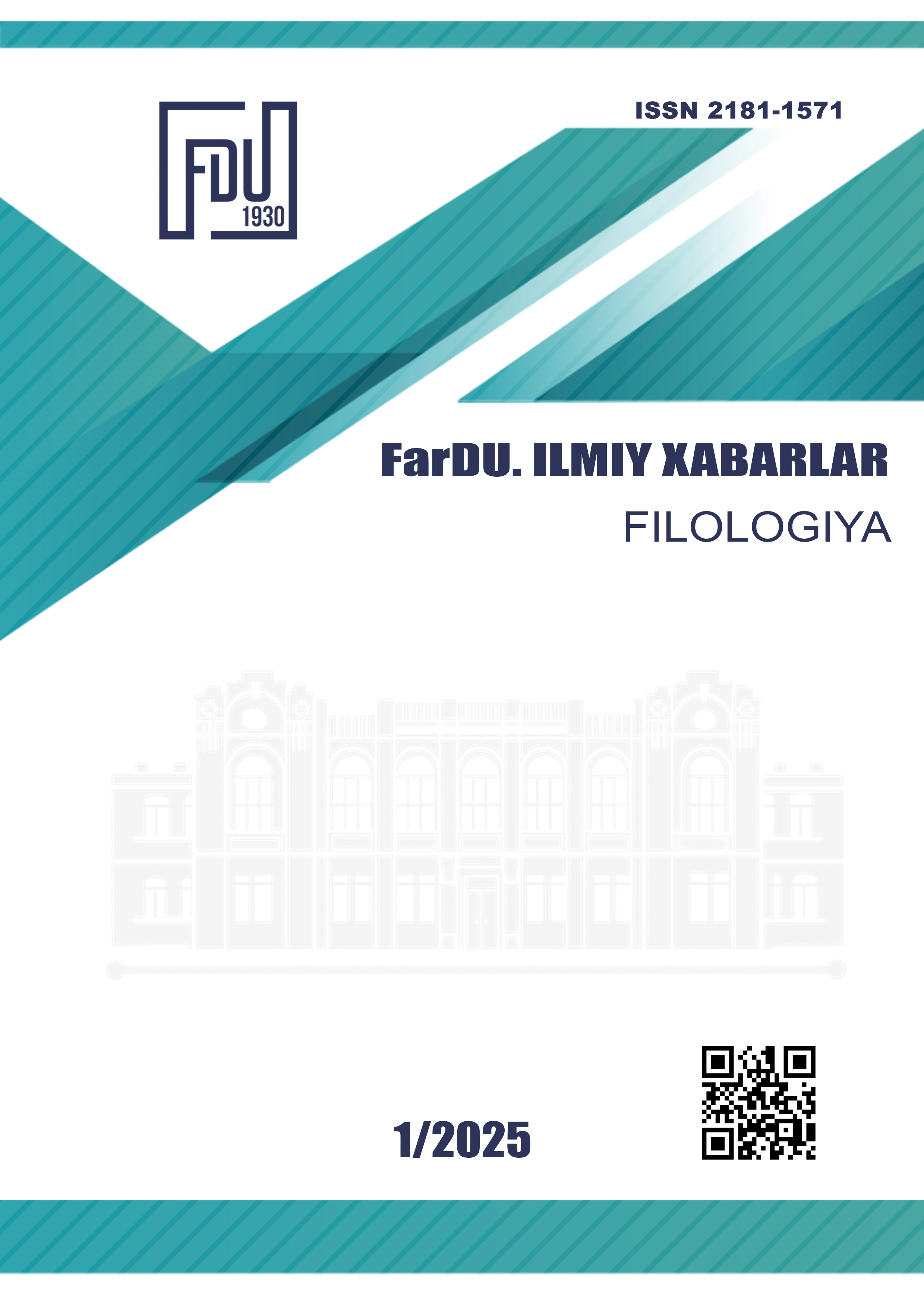THE ROLE OF MEDIA IN EDUCATION
Keywords:
media in education, digital technologies, multimedia learning, gamification, personalized learning, critical thinking.Abstract
In the modern world, media technologies play a crucial role in the educational process, transforming traditional teaching methods and making them more accessible, interactive, and effective. This article examines the impact of media on learning, analyzes key digital tools used in education, and discusses the benefits and challenges of their integration. The study reviews academic literature and includes a survey conducted among teachers and students. The results indicate that media use enhances student motivation, fosters critical thinking, and improves knowledge retention. However, challenges such as information overload, digital inequality, and a lack of technical infrastructure were also identified. The article concludes with recommendations for the effective implementation of media in education and outlines future research directions in this field.
References
Bates, A. W. (2019). Teaching in a Digital Age. BCcampus.
Buckingham, D. (2003). Media Education: Literacy, Learning and Contemporary Culture. Polity.
Clark, R. C., & Feldon, D. F. (2014). The Cognitive Theory of Multimedia Learning. Cambridge University Press.
Gee, J. P. (2007). What Video Games Have to Teach Us About Learning and Literacy. Palgrave Macmillan.
Mayer, R. E. (2005). Multimedia Learning. Cambridge University Press.
Rose, D. H., & Meyer, A. (2002). Teaching Every Student in the Digital Age: Universal Design for Learning. ASCD.
Downloads
Published
Issue
Section
License
Copyright (c) 2025 Scientific journal of the Fergana State University

This work is licensed under a Creative Commons Attribution-NonCommercial-NoDerivatives 4.0 International License.
How to Cite
Most read articles by the same author(s)
- Кабиловна, Аъзамжон кизи, РОЛЬ МЕДИА В ОБРАЗОВАНИИ , Scientific journal of the Fergana State University: No. 4 (2025): FarDU. Ilmiy xabarlar jurnali (Pedagogika)

